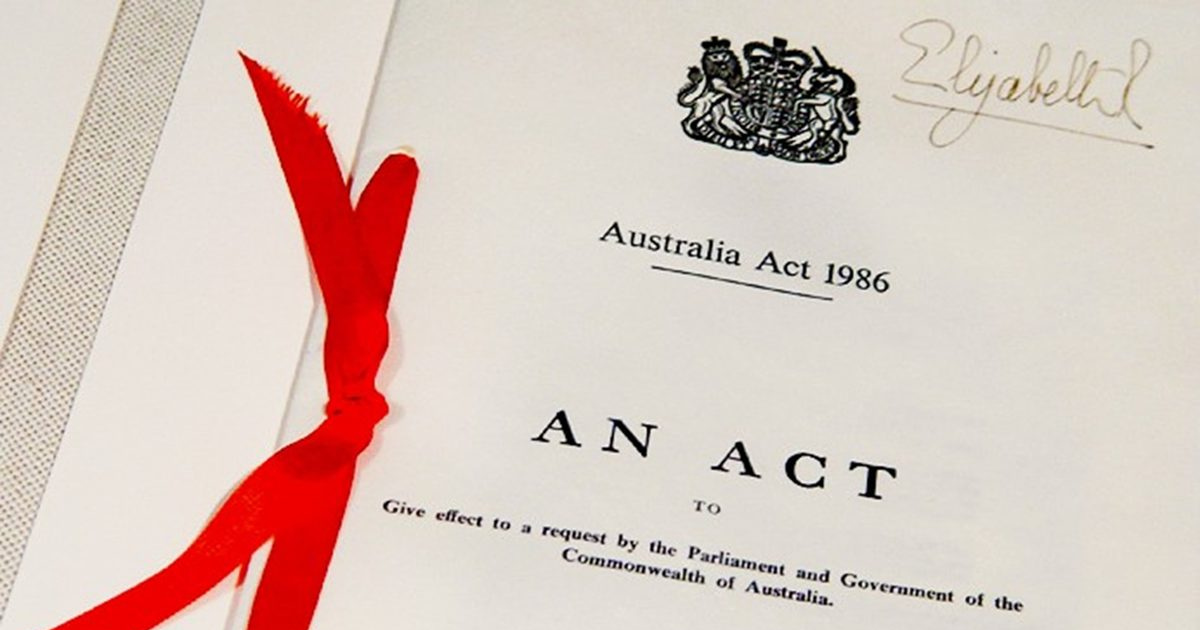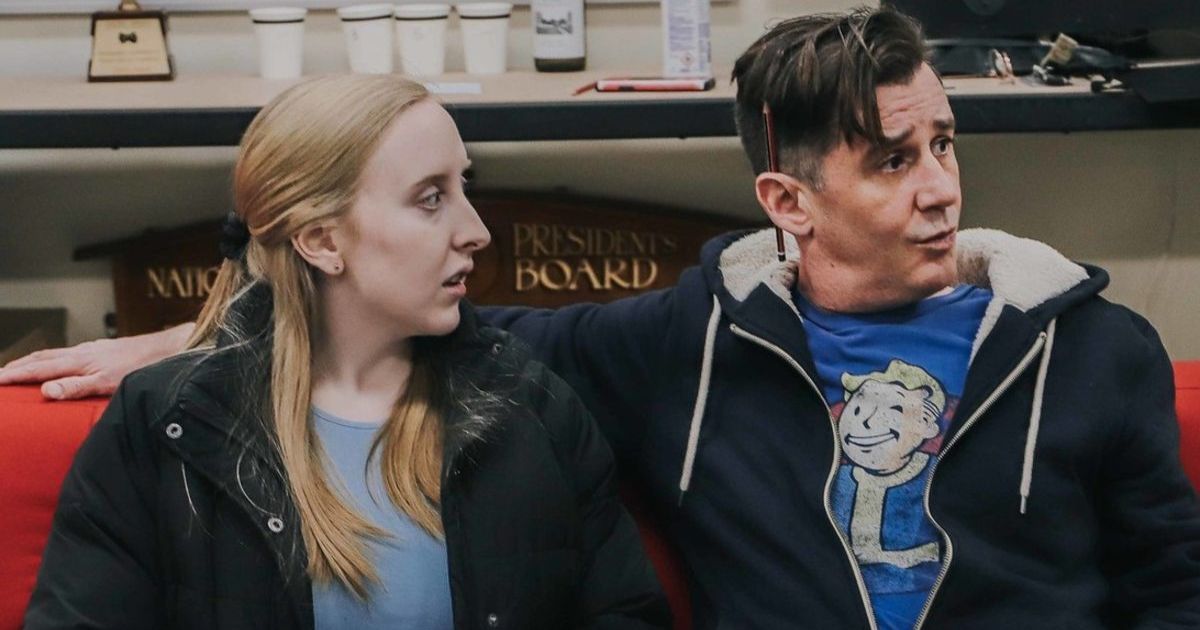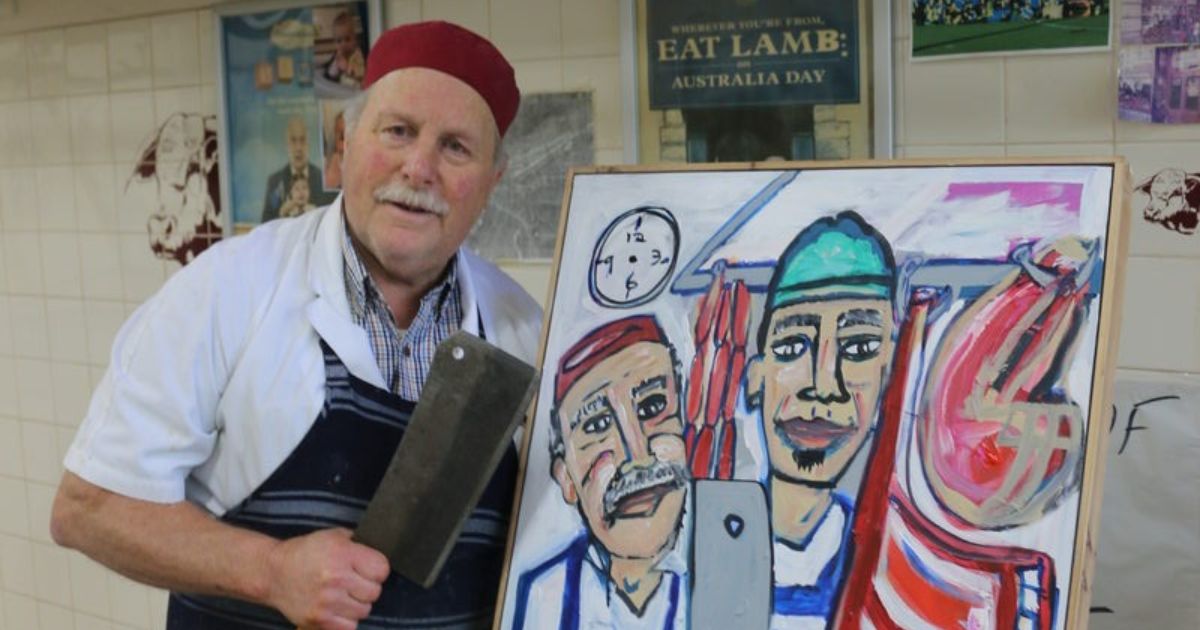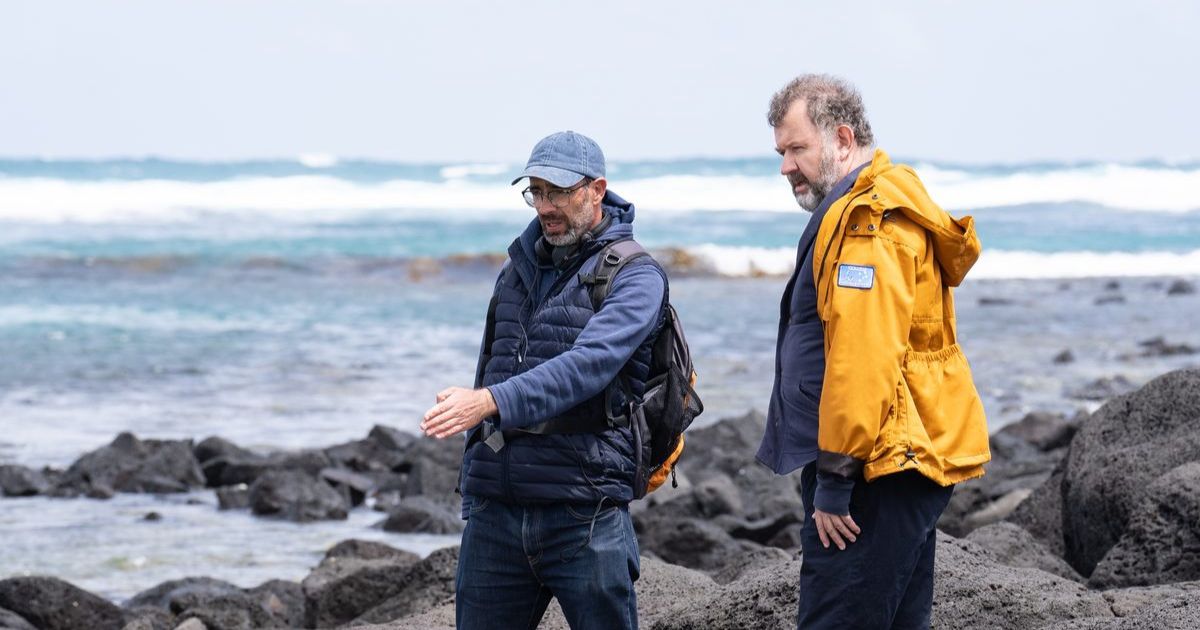From the desk of ROLAND ROCCHICCIOLI

Politicians need to spend less time verbally sparring, and collectively devoting their efforts to resolving challenges which matter.
ONLY a fool would believe there are two points-of-view: yours and the wrong one! Always, one should always look to the source. The opposing point of view is not, by definition, mistaken! It may directly oppose your perspective but that does not nullify its worth. There is a 50/50 chance the other person might be right — even half-right!
Politics are baffling. It attracts a disparate group of aspirants — even those who should not be in public life, and certainly not the parliament. It is childish for Labor to claim every Liberal notion is mistaken, and for the Liberals to argue Labor has no acceptable solutions. The premise is too silly to ponder. Both parties have some excellent minds and clear thinkers; indeed, from the across the political landscape there are ideas worthy of collective consideration.
It should come as not surprise the valuable ABC television programme Q+A has ended. A most informative and worthwhile programme when first it aired, it was permitted to collapse into a tiresome slanging-match of opposing ideologies; a barrage of vitriol and embarrassing, pseudo, political point scoring. Rarely, if ever, did one party acquiesce to the worth of another. What was once political wit and humour degenerated into a diatribe of personal insults and barbative rhetoric. Politics are important. When it comes to meaningless, sarcastic comment the former leader of the Labor Party, Bill Shorten, and Victorian Senator Jane Hume, are prominent offenders — flicking through their mental Filofax of engineered responses seeking their next tedious jibe, watching and waiting like a falcon to seize its prey. It is a practice which does nothing to progress the argument or encourage political supporter engagement. Rather, it functions only to alienate an audience and foster a lamentable lack of participation. We have a greater expectation of elected representatives.
Disagreeing for the sake is a serious mistake. No-one has a monopoly on good ideas or inspired proposals. Always there are greater and lesser. One should listen — even to the dull and the ignorant, because they may volunteer a bold thought; a brilliant idea; a perspective to change you thinking — even your modus operandi. Who knows where it might lead; what might be the ultimate result.
The theatre is a magical world of exploration for an explanation. Only a half-wit would ignore the constant stream of creative ideas floated in the rehearsal room. Some are absurdly pedestrian; others too outrageous to ponder, but many are worthy of measured consideration and implementation. Indeed, a number of magical performances which have so stirred the imagination, and taken audiences on a fantastical theatrical journey, are an amalgam of shared ideas and ‘borrowed’ whimseys; a collective effort to achieve the greater good — a practice which politicians might heed, and practice. What might be achieved if less time were spent espousing the broad party agenda — especially when they recognise its adverse effects — and a greater concentration on the challenges of those hapless constituents who gifted them their vote? The depth of obfuscating and the propensity for apportioning blame — regardless, is disquieting.
It is a truism: No-one likes a smart Alek! Oscar Wilder wrote: “Sarcasm is the lowest form of wit, but the highest form of intelligence.” It could be suggested — with some conviction, the two are not mutually exclusive!
Roland can be heard with Brett Macdonald radio 3BA — Monday 10.40am. Contact: [email protected]


















